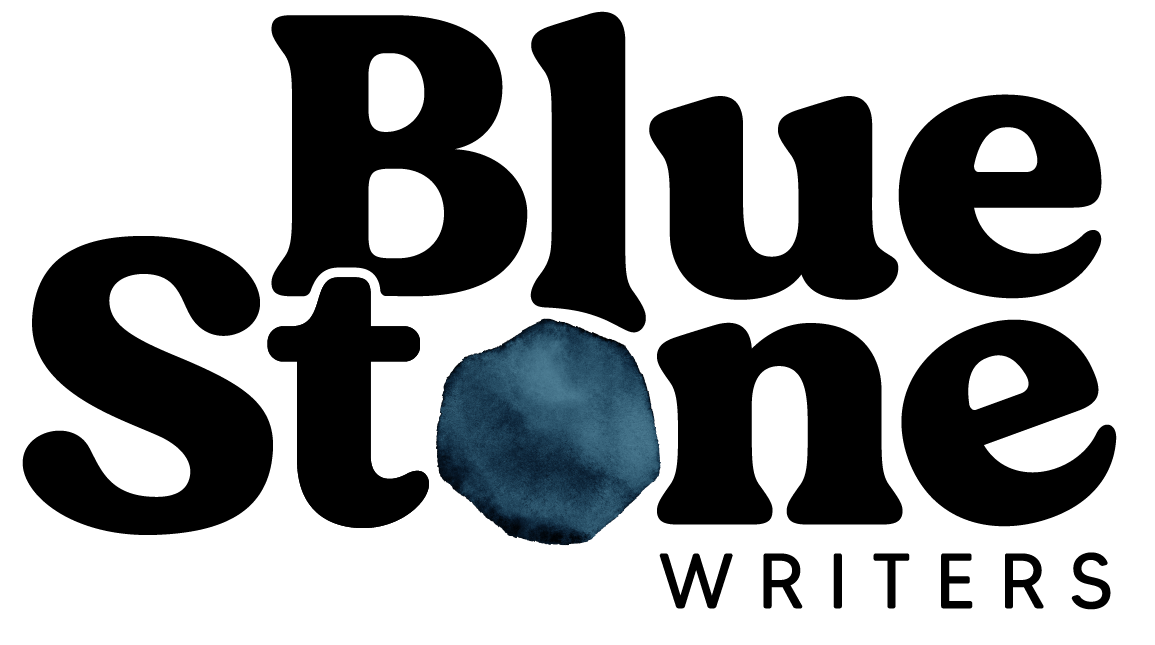I attended the Texas Land Conservation Conference this past week—attendees included research scientists, ranchers, folks who work for land trusts (like myself), and anyone interested in conservation to combat climate change, protect threatened species, and fight poorly planned development. Many of these people have lived big lives in big places. When you mix long careers with epic landscapes, you get some pretty good stories. You get words and phrases like “wildcatter” and “mountain climbing” and “western chicken turtle.” YEP.
Do we have to live big lives to tell great stories or say big and beautiful things? I don’t think so. Some of the simplest phrases can be the most powerful. One speaker—in narrating a community’s response to an epic flood—said, “The water goes where it will.”
That line itself is pretty wonderful. And it’s not real complicated.
Is there something to the idea that words said aloud are sometimes more powerful? Or more poetic? Can we harness the power of oral storytelling even when we’re writing by ourselves, even when just putting words down on the page?
Maybe we should pay more attention to language that’s out loud, off the cuff, and very much in the moment. Maybe…we can borrow it?
Okay. This first part requires going outside. Or leaving your comfy writing studio, at the very least. Let’s do it.
Take note of the next time you’ll be in public and waiting in-line (voting tomorrow?), or schedule 30 minutes at your local coffee shop. All you need is pen and paper unless you’re planning on working longer.
Listen to the words swirling around you, the bits of conversation that are too good not to write down. Here are some random phrases I’ve heard recently that were pure gold—some beautiful, some ridiculous, all big and loud in their own ways:
Are these breakfast tacos the best thing you’ve ever had?
These days it’s really hard to get a job as a modernist.
He was broken then. Broken.
Are you always going to be this way?
Make a list of ten lines of dialogue. Keep listening and observing until you get ten. You may get more, but aim for ten. Only then can you sip your espresso. KIDDING. Mine would be finished by two.
Now choose three big + moody words (breakfast, modern, broken) to expand upon. Hone in on each one with this activity:
How would you describe the mood of this word? Is it bustling, gray, bored, confused, cloudy, still? Write for three minutes.
What kind of person uses this word? You can go with the person you observed saying it, or create someone new, OR consider a character you already have in-progress. Describe this person—what are their talents, flaws, mannerisms? Write for seven minutes.
Combine this word with two sibling words. Who would this word’s relatives be? Would they be other nouns? Verbs? Brainstorm and jot down ideas for 4.5 minutes.
Choose one line from your list of ten and start a new scene with it. It doesn’t have to be dialogue. Or it could be. It can be whatever you want. It can exist in the novel you’re writing. Use this line as your jumping off point and write for nine minutes.
From the above writing, select your biggest, boldest line—something of your own creation, something you’re proud of—and underline it, circle it, set it aside. Write it down on a slip of paper and pin/tape it to your wall. Somewhere you can see.
Start a brand new scene with this line of your own creation. It might be a scene in the same world, or a conversation that involves other characters entirely. Use this line as your jumping off point and write for fourteen minutes.
BONUS
Schedule a time when you will be waiting in line a very short time—pharmacy (well…maybe), drive-thru, frozen yogurt bonanza, library. Challenge yourself to hear three powerful lines of language and take them with you for your next work session!


